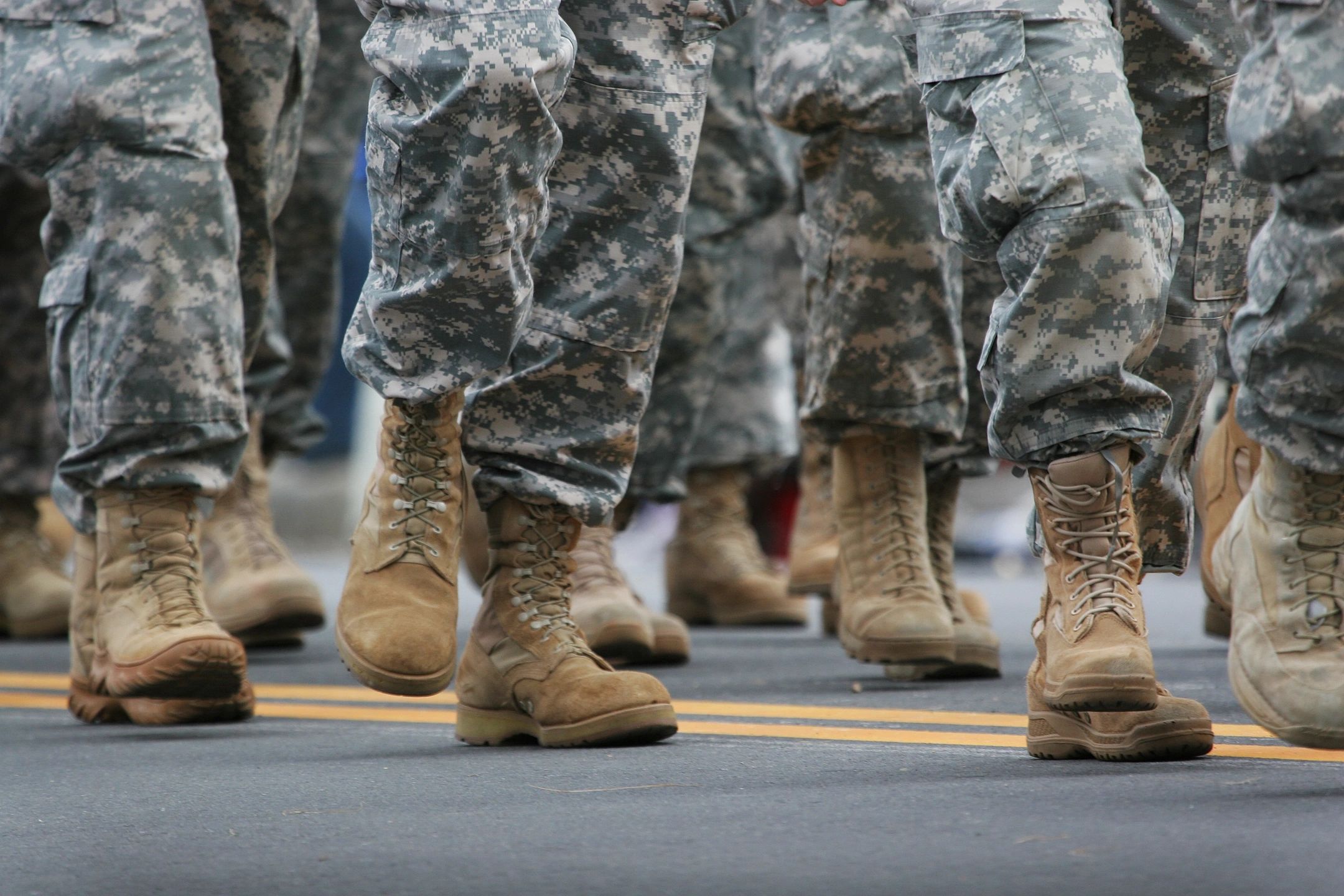What can we learn about teamwork from the Ukrainian fighters?

Putin thought it would be a one-week military operation to takeover Ukraine. He thought he could reach Kyiv in 48 hours, expecting the Russian army to march into a quick victory. The Russian army had more people, more weapons and Ukraine did not stand a chance. So how did the Ukrainian army manage to stall the Russian invasion? Here’s what we can learn about teamwork from them:
- The presence of an inspirational leader: Zelensky overnight has become a war hero, rallying the whole country around a clear purpose to defend its country and fight for freedom. He leads with bravery, empathy and authenticity. He knows that actions speak louder than words, so he walks the talk by refusing to leave the country and fighting alongside his fellow Ukrainians. He shows up authentically and uses storytelling to demonstrate empathy, appeal to the emotions of its people and make clear requests from world leaders. As we think about our own teams, Zelensky serves as a role model and inspiration for CEOs and leaders around the world on how to lead effectively and what an inspirational leader looks like in action.
- A clear purpose that is personally meaningful: What the Ukrainians are fighting for is clear: their country, their freedom, the lives of their families and themselves. It can’t get more personal. Because of this, the bartender, the IT professional and the teacher are all taking arms. Grandmas are making Molotov cocktails. Everyone is rallied around a clear sense of purpose, undoubtedly working together as one team towards one goal. The Russian army in contrast doesn’t have this. Putin has sent them to Ukraine without a clear purpose that is personally meaningful. They were told by their commanders that this is a military exercise only to be surprised by the greeting of resistance and civilians. Captured Russian soldiers have confessed feeling angry that they have been tricked into this war, not knowing upfront that they were the aggressors. If you want your team rowing in the same direction, it is imperative that all your team members believe in a clear purpose that they are passionately rowing towards.
- A team empowered to collectively solve problems together: Russian soldiers are still operating under central command-and-control leadership, where Russian soldiers are told what to do each step of the way, with very little clarity on the reason for the task. They are not empowered to adapt to changing conditions and make necessary adjustments to their collective actions and decisions. A living proof of this lack of empowerment is the 40-mile convoy traffic jam caused by logistical issues that could have been avoided. Meanwhile, the Ukrainians are fully empowered to improvise as things unfold, using creative strategies and tactics to defend their country and stalling the Russian army from advancing. What we can learn about teamwork here is the team leader needs to allow the team to truly operate as a team, giving them the ability to self-organize and collectively adapt to changing conditions by allowing real-time problem solving. In today’s competitive and dynamic business environment, we cannot afford to give static direction that may be obsolete tomorrow. The team needs to be empowered to make real-time decisions, adapt and innovate to collectively solve problems together.
- People who feel appreciated and valued: Every single person in the Ukrainian army is valued for what they bring to the table. There are lots of pictures of soldiers helping each other and having each other’s back. There is trust and psychological safety. Each individual is able to speak up and take personal risks (literally) to try a different approach when it comes to defending their country. Furthermore, Zelensky has been very active at recognizing wounded soldiers in the hospital, reinforcing the soldiers’ sense of value. In contrast, as demonstrated in the 40-mile convoy traffic jam, when the Russian generals put in an urgent order for supplies, they almost forgot to order food, leaving the Russian soldiers to scavenge and loot for food. This clearly signals to the Russian soldiers that they are low priority, not valued and appreciated by the generals and by Putin. So, when was the last time you recognized your team? Is there enough trust among your team members for them to bring their whole self to work, have each other’s back and feel valued for their individual strengths? The Ukrainian fighters here have demonstrated the importance of feeling appreciated and valued as a foundation for great teamwork.
Even though the Ukrainian army cannot match the Russian army in size and weapons, what they have on their side is the power of teamwork. With their performance as proof, what we can learn from them about teamwork is the importance of having an inspirational leader rally the team around a clear and compelling purpose, to empower the team to collectively solve problems together and to always appreciate your people so they feel valued. These are the characteristics of a highly effective team. If you want your team to outperform your competitors, how can you unlock their collective power? And in today’s tight labor market, why not leverage the power of teamwork to get your army to perform greater than the sum of its parts?
If you are looking to improve your team’s effectiveness, check out our WOW workshops for team success at www.LeadershipWow.com
